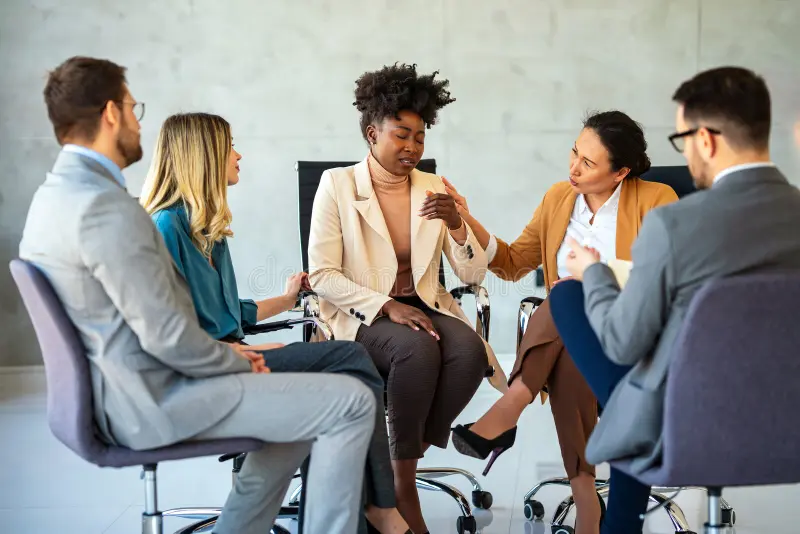24/7 Helpline:
(866) 899-221924/7 Helpline:
(866) 899-2219
Learn more about Klonopin Detox centers in Castle Dale
Klonopin Detox in Other Cities

Other Insurance Options

MVP Healthcare

Humana

Horizon Healthcare Service

Self-pay options

GEHA

Kaiser Permanente

BlueShield

State Farm

PHCS Network

UMR

Ceridian

Molina Healthcare

Ambetter

Magellan Health

Medical Mutual of Ohio

Optima

Oxford

Multiplan

Evernorth

Access to Recovery (ATR) Voucher



Four Corners Behavioral Health
Four Corners Behavioral Health is a private rehab located in Castle Dale, Utah. Four Corners Behavio...




































































Four Corners Behavioral Health
Four Corners Behavioral Health is a public rehab located in Green River, Utah. Four Corners Behavior...

Southwest Counseling Service
Southwest Counseling Service is a comprehensive community mental health center that has been providi...











